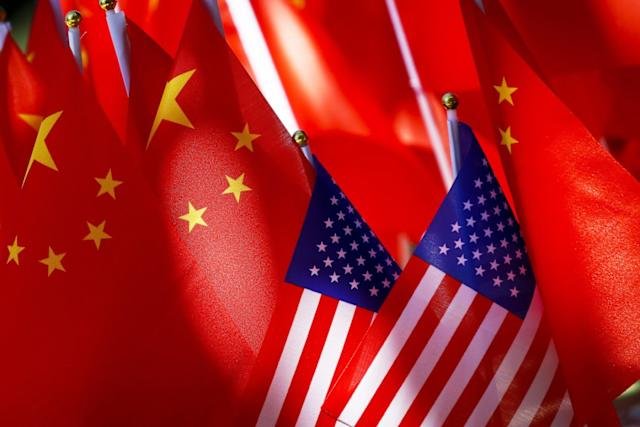BEIJING — China on Monday sharply criticized the United States for a series of actions it says undermine a fragile trade truce between the world’s two largest economies, warning of “resolute and forceful” countermeasures to defend its interests.
In a strongly worded statement, the Chinese Commerce Ministry accused the U.S. of violating the consensus reached in a recent bilateral agreement that saw both sides agree to roll back some of the steep tariffs imposed during years of economic conflict.
At the heart of China’s complaint are new U.S. restrictions on exports of AI chips, bans on advanced chip design software, and a controversial move to begin revoking visas of Chinese students, particularly those in sensitive technology fields.
“These practices seriously violate the consensus,” the Commerce Ministry said, referring to the recent joint statement in which both nations committed to easing trade barriers. “Instead of reflecting on itself, [the U.S.] has turned the tables and unreasonably accused China of violating the consensus, which is seriously contrary to the facts.”
The latest rift threatens to unravel the 90-day pause agreed upon by President Donald Trump and Chinese President Xi Jinping, which was intended to provide breathing room for further negotiations. However, the fragile ceasefire appears increasingly uncertain as tariff rates remain high and diplomatic rhetoric intensifies.
Trump further escalated tensions on Friday, writing in a social media post:
“The bad news is that China, perhaps not surprisingly to some, HAS TOTALLY VIOLATED ITS AGREEMENT WITH US. So much for being Mr. NICE GUY!”
Later that day, Trump struck a more conciliatory tone, telling reporters in the Oval Office that he planned to speak with Xi directly and “hopefully we’ll work that out.”
Meanwhile, U.S. Commerce Secretary Howard Lutnick defended the administration’s hardline posture, suggesting that China was “slow rolling” the deal and that recent steps — including student visa revocations — were designed to apply pressure. Speaking on Fox News, Lutnick said the U.S. was “taking certain actions to show them what it feels like on the other side of that equation.”
In response, China insisted it has upheld its side of the agreement, including reducing tariffs on U.S. goods and suspending other retaliatory measures. The ministry’s statement warned that the U.S. moves were creating “instability and uncertainty” in bilateral economic ties.
“The United States has unilaterally provoked new economic and trade frictions,” the ministry said, vowing that Beijing would “continue to take resolute and forceful measures to safeguard its legitimate rights and interests.”
Background tensions remain high as the two nations increasingly compete for dominance in emerging sectors like artificial intelligence and semiconductor technology. Washington has grown wary of Beijing’s technological ambitions — especially amid China’s rising assertiveness in the Asia-Pacific region, including around Taiwan, a critical U.S. ally and global chip manufacturing hub.
With over 275,000 Chinese students currently studying in the U.S., the visa crackdown marks a notable escalation in the tech and education front of the growing rivalry — one that shows no sign of cooling despite recent diplomatic overtures.

 English
English



























































